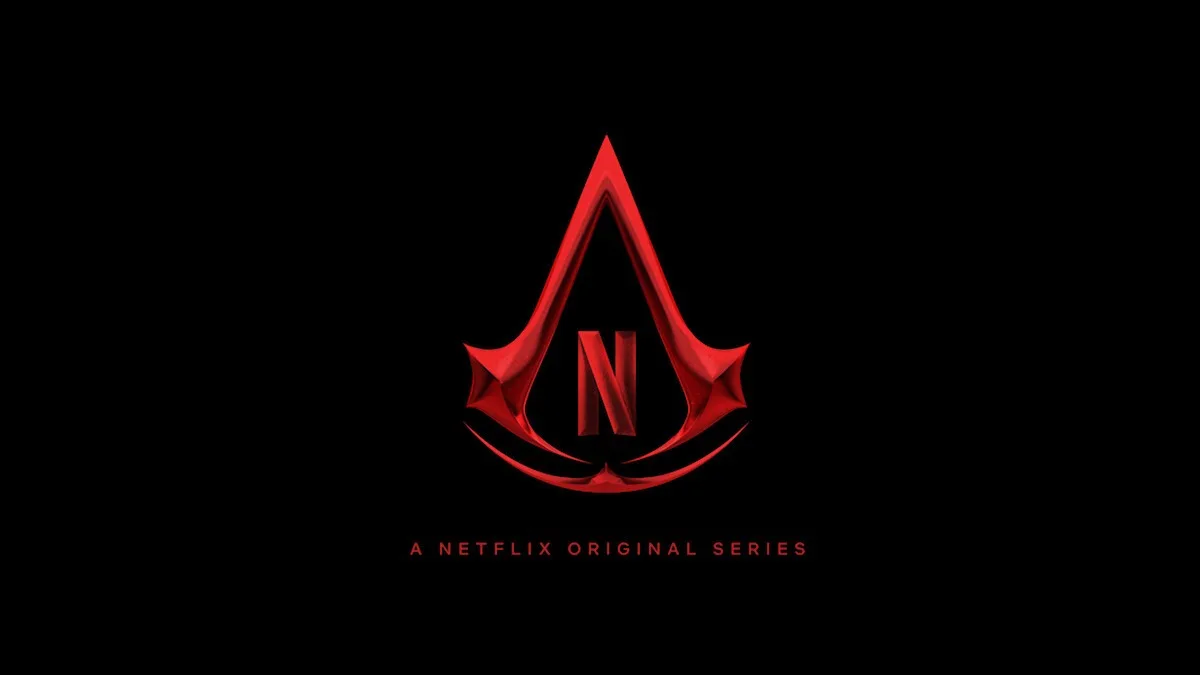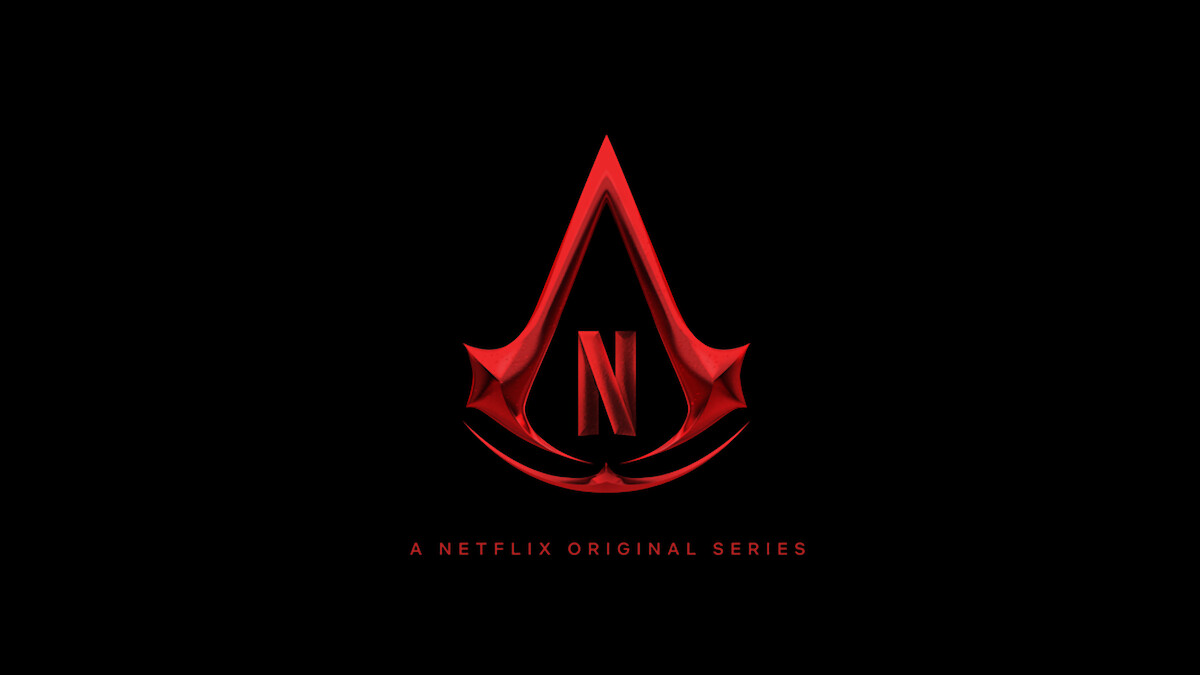
After years of speculation and development limbo, Netflix has officially greenlit a live-action Assassin’s Creed series, reigniting hopes for a faithful adaptation of Ubisoft’s sprawling historical sci-fi saga. Spearheaded by Emmy-nominated creators Roberto Patino (Westworld, DMZ) and David Wiener (Halo, Homecoming), the series promises to be a “high-octane thriller” that dives deep into the eternal conflict between the Assassins and Templars.
But for longtime fans, this announcement carries the weight of redemption. The franchise’s last foray into live-action—the 2016 Assassin’s Creed film—was a cautionary tale of ambition undone by muddled storytelling and missed potential.
The 2016 Film: A Leap of Faith That Missed the Haystack
Directed by Justin Kurzel and starring Michael Fassbender, the Assassin’s Creed movie was positioned as a prestige adaptation. With a $125 million budget and a cast including Marion Cotillard and Jeremy Irons, it aimed to expand the series’ mythology while introducing original characters like Callum Lynch and his ancestor Aguilar de Nerha.
Despite its visual flair and commitment to lore, the film was met with tepid reviews and underwhelming box office returns. It grossed $240.7 million worldwide—barely doubling its budget, which is considered underperformance by Hollywood standards. Critics cited its convoluted plot, lack of character development, and overreliance on exposition as major flaws. Plans for a sequel were quietly shelved following Disney’s acquisition of 21st Century Fox.
The Netflix Series: A Reboot with Purpose
This time, the creative team seems intent on learning from past mistakes. Patino and Wiener describe the series not just as a spectacle of parkour and historical intrigue, but as a human drama about identity, destiny, and the fragility of connection across time. Their vision embraces the franchise’s thematic core: the philosophical clash between control and free will, embodied by the Templars and Assassins.
The show will span pivotal historical events, though it’s unclear whether it will adapt specific games or forge a new narrative within the established universe. Ubisoft’s involvement suggests a tighter integration with the franchise’s canon than the film achieved.
With over 230 million copies sold, Assassin’s Creed is one of gaming’s most iconic and narratively rich franchises. Its blend of historical fiction, sci-fi, and philosophical depth makes it ripe for serialized storytelling—something a two-hour film could never fully capture.
Netflix’s track record with game adaptations (Arcane, Cyberpunk: Edgerunners, Castlevania) offers cautious optimism. If executed well, this series could not only redeem the franchise’s live-action legacy but also set a new standard for video game storytelling on screen.
The Assassin’s Creed series has always been about memory, legacy, and the struggle to shape history. It’s fitting, then, that its own adaptation history is being rewritten. Whether this new series will finally synchronize with fans’ expectations remains to be seen—but the Animus is warming up, and the Brotherhood is watching.


